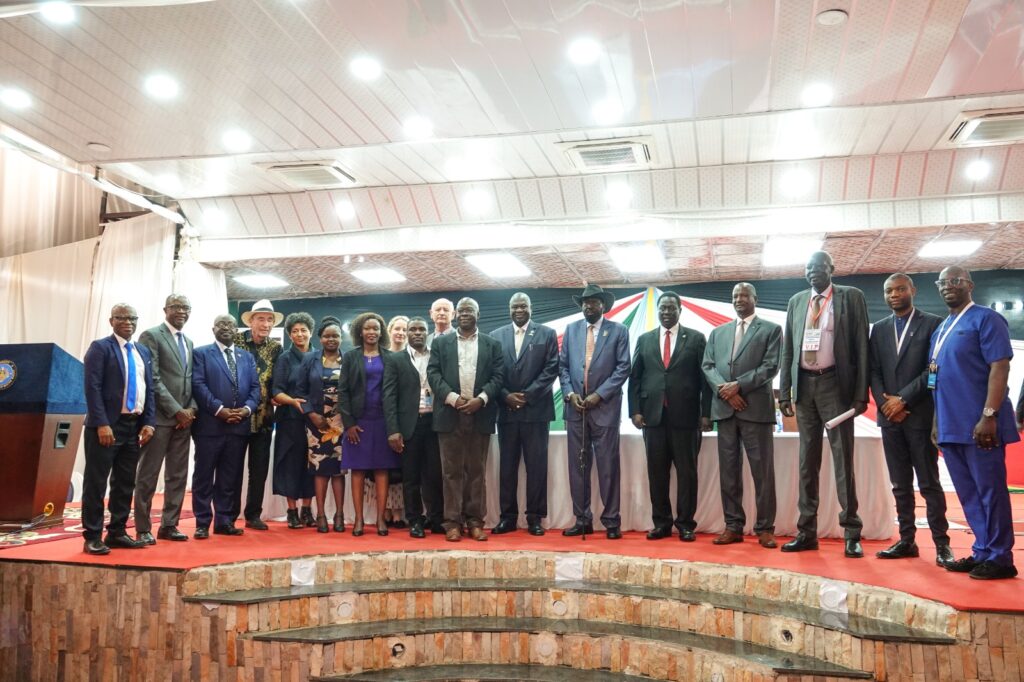Building a Sustainable Model for Transitional Justice
in South Sudan
A South Sudanese regional and international expert consultation conference on the country’s transitional justice process ended today (18 May 2013) in Juba. The conference which ran under the theme Building a Sustainable South Sudanese Model for Transitional Justice sought to draw experiences and lessons from other African countries that once implemented transitional justice initiatives such as Togo, Zimbabwe, Sierra Leone, Gambia, Liberia, South Africa, Uganda, Kenya, Central Africa Republic, Rwanda, Democratic Republic of Congo, and Burundi among others.
South Sudan is considering passing laws that will provide for the setting up of two transitional justice mechanisms – The Commission on Truth Reconciliation and Healing (CTRH) and the Compensation and Reparations Authority (CRA). South Sudan became independent from Sudan state in 2011 following nearly 64 years of armed struggle and post-independence internal violence/ civil war in 2013 and 2016.
In 2018, the Revitalized Agreement on the Resolution of Conflict in South Sudan (R-ARCSS) – a peace agreement, was signed to establish a transitional government upon which transitional justice mechanisms must be established. The third transitional justice mechanism provided by the peace agreement is the Hybrid Court for South Sudan (HCSS).
Watch our last day on the South Sudanese Transitional Justice engagement.
Two alumni were there to support peace-building in South Sudan. Edknowledge Mandikwaza and Tendai Chabvuta. Edknowledge was the Conference Rapporteur and Tendai was the Organiser, coming from the UNPD South Sudan. Tendai is a Transitional Justice Specialist for UNDP South Sudan.


